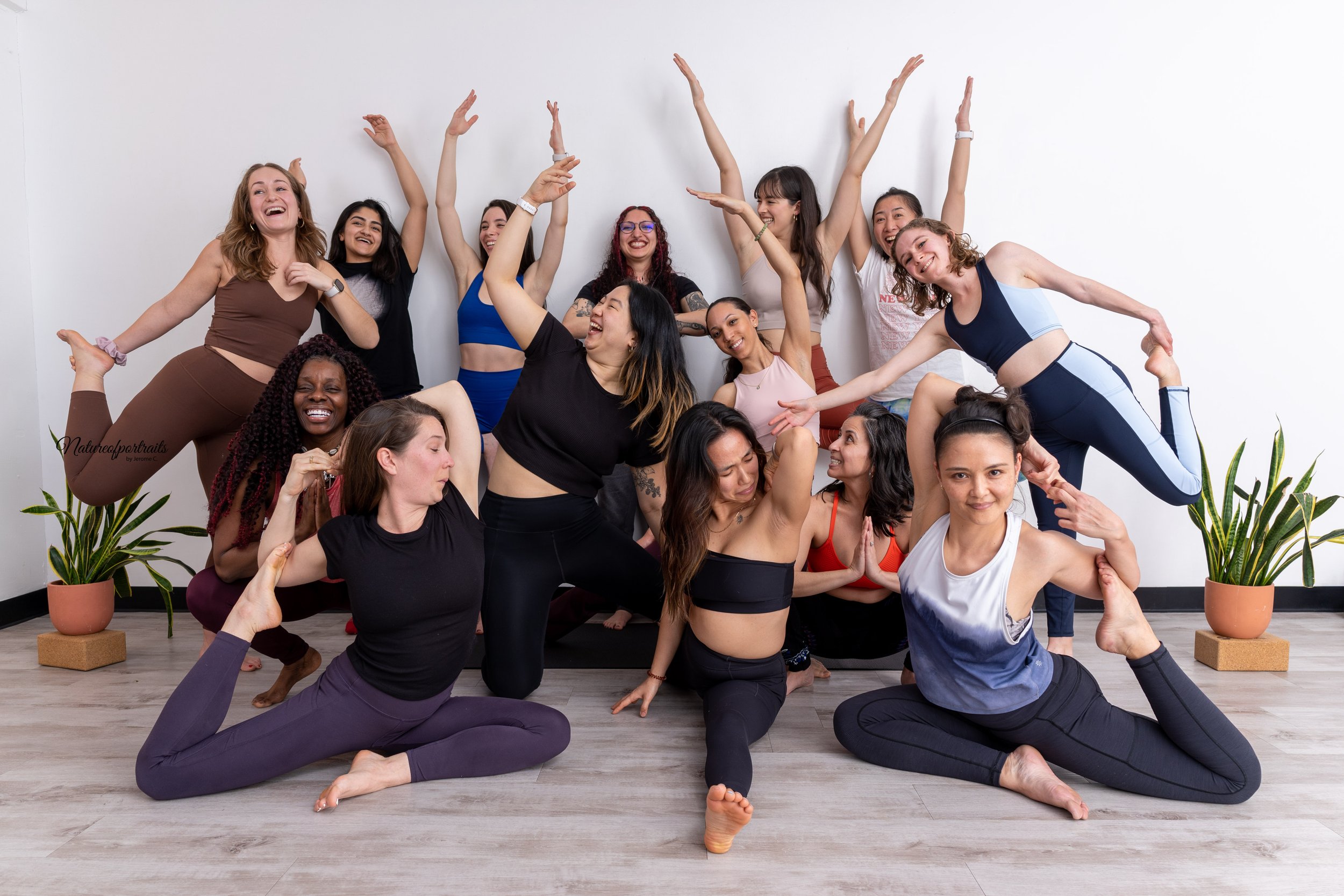This past weekend I had the pleasure of working with our engaged, enthusiastic, incredibly supportive and dedicated 300 hour students. Spending time with them is truly life giving - they fill the cup!
One of our conversations was about the idea of “success” and our ability (or perceived inability) to make a significant impact. What constitutes success as a teacher? Is it the teacher who has 10k+ followers, one who has a thriving private practice, or the studio owner? Is it the teacher who “quit their day job” and now teaches full time?
Success is, of course, subjective. Not everyone wants the same thing. What is successful to me is not necessarily successful to someone else. But when we look at the prevailing narrative of what a “successful” teacher is, it generally boils down to, “the one who makes the most money is the most successful.”
Now, I’ve been training yoga teachers for 23 years and I assure you, this is not true. I have always felt that any student who comes through a YTT wants to teach, they just don’t always want to do it in the same way. And while I do have students who teach full time, who’ve opened studios, who are “yoga famous,” I also have students who use their training to help them be better leaders, teachers, nurses, police officers, friends, parents, etc. I have students who don’t have a clear idea of what they want out of the training, and I have students who have no desire to teach at all. I even have a student whose only goal was to learn how to teach yoga to their mom. No one else, just their mom. Are any of these reasons less lofty, less worthy than the other?
No, they are not.
In a world where we are bombarded with messages that reaffirm success as one note, one image, one path, it is absolutely subversive to do things without traditional ambitions or goals.
Take TSY for example; TSY is a “micro business,” meaning we are smaller than a small business. In the twelve years since we opened, we've trained less than a thousand students. By the “most, biggest, best” standards TSY would not be considered very successful. But I know we are impactful. I see how much the training means to people.
I know my footprint is small, but my impact is big.
Meaningful impact as a teacher happens when you get people to congregate and communicate, when you connect with another person and share. You can be intentional, devoted, good at what you do and be relatively unknown, uncelebrated and still be successful. The people in your orbit are important enough to care about and extend yourself for. It doesn’t need to be more than that.
If you are interested in teaching, you should. You may have a small footprint, but that does not mean you cannot make a big impact.


